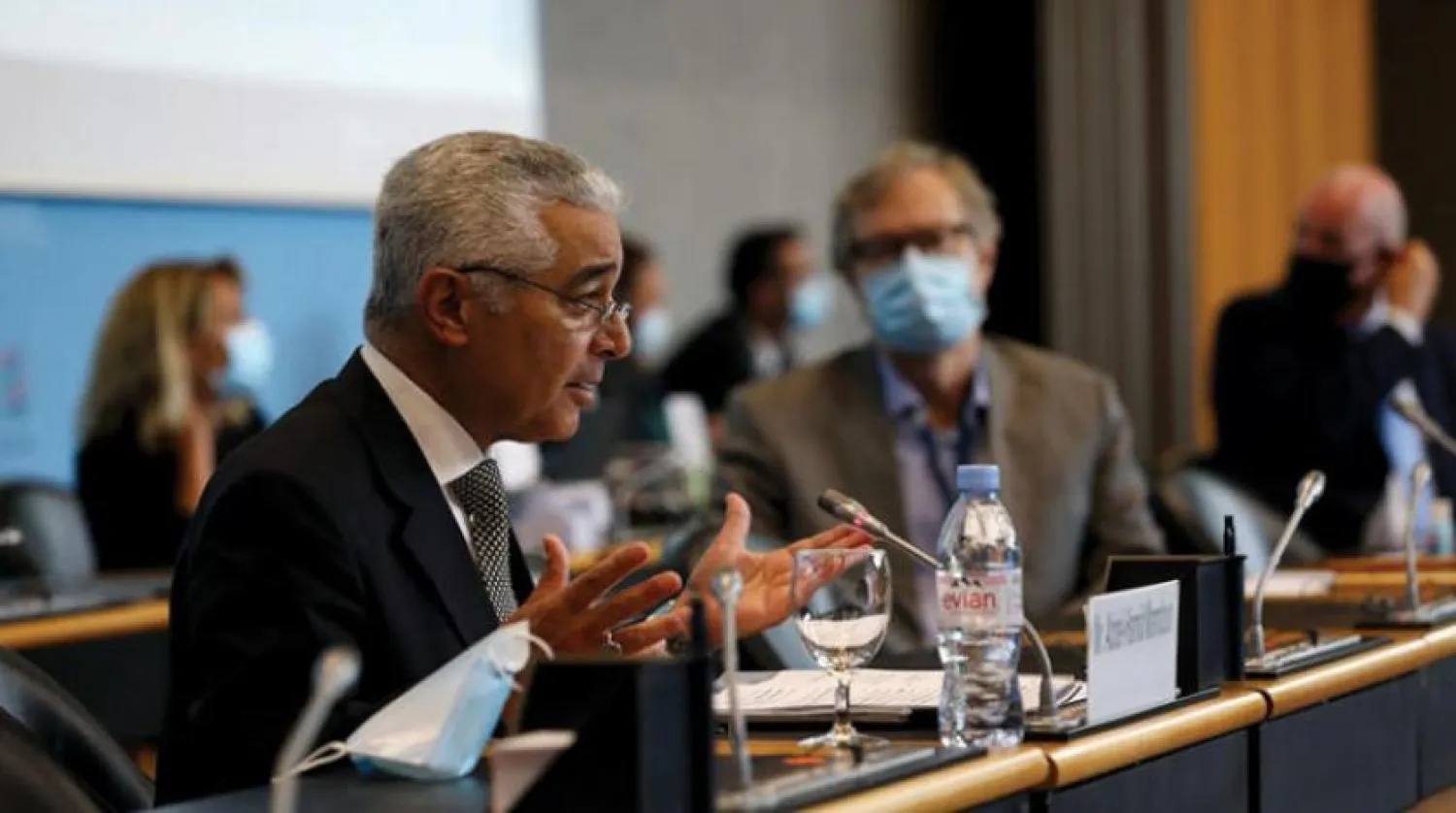The race over the leadership of the World Trade Organization (WTO) was launched on Wednesday in Geneva, with agendas highlighting the criteria of “strong personality,
knowledge of reform and the depth of international relations.”
Candidates from Mexico, Egypt and Nigeria revealed their programs in front of 164 members of the council, as the Organization faces major challenges represented by the trade war and the severe global economic crisis.
The fierce rivalry between the candidates comes after Brazilian Roberto Azevedo suddenly announced leaving his post in mid-May, and officially giving up his duties at the end of August, a year before the end of his term.
Eight candidates (three Africans, two from Asian, two Europeans and one Latin American) will be presenting themselves until next Friday. They will have a few weeks until September 7 to persuade the capitals, which will choose the next WTO president during a special meeting in Geneva.
The first presenter, former WTO Deputy Director-General Jesus Seade Kuri of Mexico, said the global trade body needed a chief with vision, leadership and political capacity.
He emphasized that he had a wide political and international background and a deep knowledge in managing international organizations.
“It is of the essence that the Director-General has a solid command of the arcane world of the WTO and trade negotiations; that he or she be aware and be sensitive to the reasons behind certain balances in the texts, and in command of the alternatives that may have been formulated or could be explored,” he noted.
Ngozi Okonjo-Iweala of Nigeria, for her part, said that she would use the reform tools she gained from her long experience in her country and internationally, adding that she had all the personal characteristics that enable her to achieve the goals of the advancement of the organization.
“I would also prioritize updating the rulebook, unlocking the dispute settlement system, working on transparency and notification, enhancing the work of regular bodies, and strengthen the Secretariat,” she said.
Abdel-Hamid Mamdouh of Egypt, who is former director of the Trade in Services and Investment Division of the WTO, emphasized the legal aspects. He stressed that the starting point must be to reform the treaties and review the main goals of the organization as an urgent priority.
He stressed that the biggest challenge was to work to promote the common goals of member-states in light of the economic reality surrounding the world, including globalization.
“Reforming the WTO is…not about restructuring departments or reallocating resources across different projects or different country programs. This is about reforming the treaty, and the treaty is that enforceable contract between governments, and the only way reform can take place is through negotiations,” he said.
Africa is hoping to have a chance of obtaining the position, to which no African figure has been appointed yet.
Three African candidates are racing for the presidency, including Ngozi Okonjo-Iweala of Nigeria, Egyptian Abdel-Hamid Mamdouh and former Kenyan Sports Minister Amina Mohamed, who in the past has chaired the organization’s three largest bodies.
Various international reports have been focusing on the need to choose a woman to take over the WTO presidency. The reports pointed to pressure from trade delegations in Geneva to elect a woman for the first time in the organization’s history.
Five other candidates are running alongside the Africans, who are South Korean Trade Minister Yu Myung-hee, former British Minister of International Trade Liam Fox, former Moldovan Foreign Minister Tudor Ulianovschi, former WTO Deputy Director-General Jesus Seade Kuri, as well as former Saudi Minister of Economy and Planning Muhammad Al-Tuwaijri.
Saudi Arabia attaches great hopes to its candidate’s victory, especially after a strong confidence from the international community in the role assumed by Saudi Arabia in the global economic scene.









